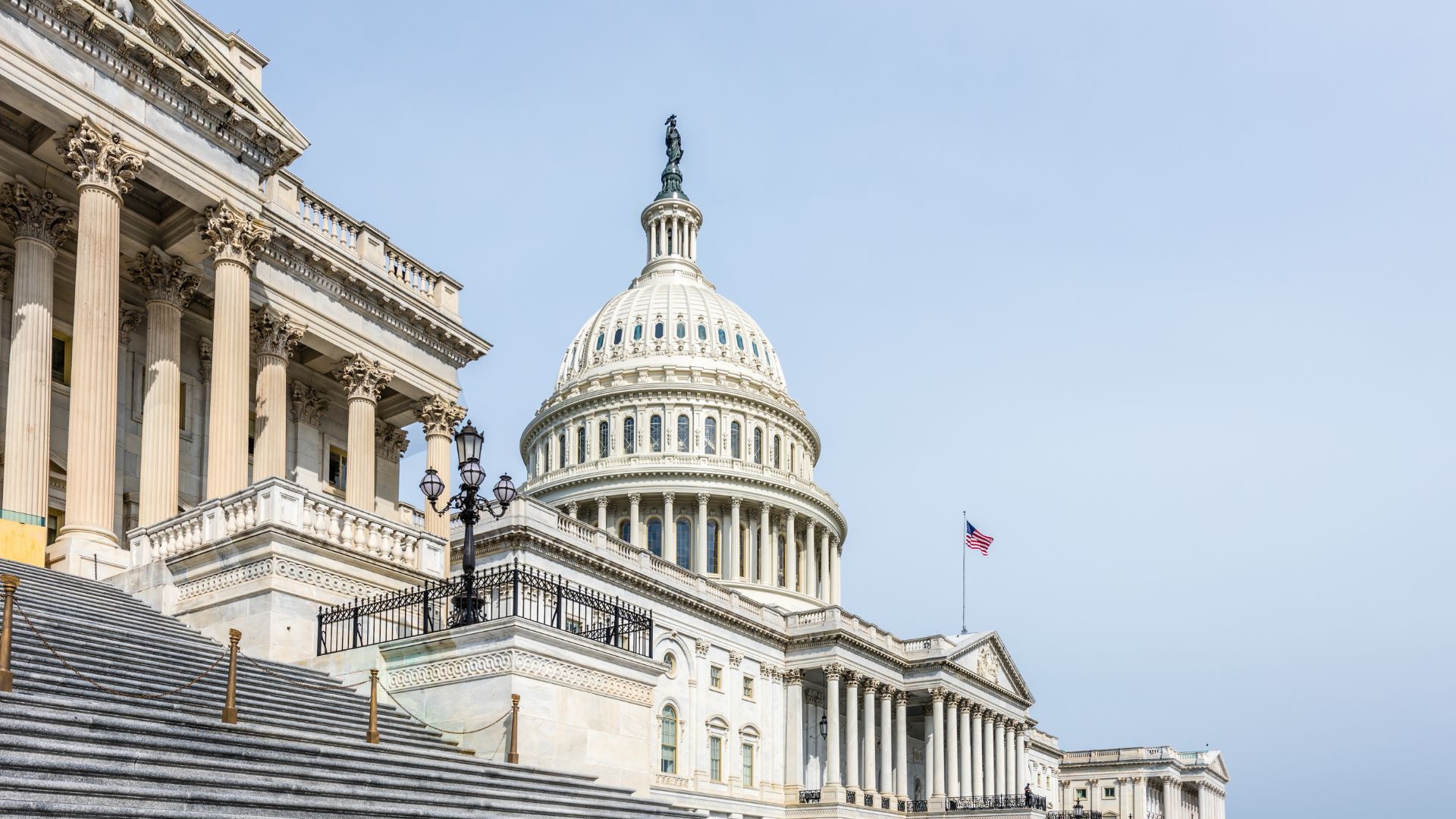Antitrust Issues and Artificial Intelligence: Statements to the House Antitrust Subcommittee

Understanding AI’s Impact on Antitrust Policies
As artificial intelligence (AI) continues to evolve, there is a growing concern among policymakers regarding its implications for antitrust laws. Testifying before the House Judiciary Subcommittee, an expert discussed why the current environment does not necessitate severe changes to antitrust enforcement in the U.S. Here are some critical insights on how AI and antitrust intersect and the potential pitfalls policymakers might encounter.
Key Areas of AI and Antitrust Interaction
1. The Competitive Landscape of the AI Industry
The AI sector is thriving, characterized by fierce competition and innovation. Companies like Nvidia have successfully adapted to changing market demands, leading the development of advanced chips. Newer companies such as OpenAI and Anthropic are also making significant strides, benefiting from partnerships with established tech giants. This robust competition highlights that major firms are not complacent; rather, they are actively competing across the AI spectrum.
2. AI as a General-Purpose Technology
AI is being recognized as a transformative technology, similar to the Internet’s impact on economic structures. Historically, getting competition policies right has been essential for maintaining economic growth. While the U.S. has embraced a deregulated, consumer-focused antitrust approach that has spurred innovation, Europe has struggled with a more protective framework. These differing strategies demonstrate the importance of carefully considering how AI policies can either promote or hinder industrial success. Adopting a European-style competition policy could risk stifling innovation in the U.S. and inadvertently advantage other countries in the race for AI leadership.
3. The Effects of AI on Antitrust Enforcement
AI poses unique challenges and opportunities for antitrust enforcement. Some analysts suggest that AI algorithms could make it easier for firms to collude or form cartels without formal agreements, potentially escaping scrutiny. However, recent actions by the Department of Justice indicate that existing antitrust laws can adapt to AI-related collusion. Moreover, AI might also empower firms to disrupt collusive behaviors, potentially decreasing the overall level of collusion in the market.
Flawed Approaches to Antitrust Enforcement in the Age of AI
With the emergence of AI, several misguided enforcement strategies might be tempting for policymakers:
1. Overemphasis on Antitrust Necessity
There is a prevalent fear that AI will lead to increased market concentration due to network effects and significant economies of scale. This could lead to calls for more intense regulation. However, this perspective neglects the cost-saving potential of AI, which can lower entry barriers for small- and medium-sized companies, thereby stimulating competition. A rise in market concentration driven by reduced costs may lower consumer prices and enhance the potential for innovation.
2. Dismissing the Need for Antitrust Enforcement
Conversely, some argue that the disruptive nature of AI diminishes the necessity for strict antitrust enforcement, echoing debates from the Internet Revolution era. While it is true that technological advances may render traditional monopolies short-lived, it is critical not to overlook the significance of monitoring market conditions for anti-competitive behaviors. Antitrust laws should continue to play a vital role in overseeing market dynamics, even amidst rapid technological changes.
3. Belief in AI’s Ability to Replace Market Competition
Another viewpoint is that AI may outdate market competition, suggesting that regulatory measures could be more effective. This belief rests on an outdated understanding of market mechanisms. In reality, dynamic competition fosters continuous improvement and innovation, supporting the premise that well-functioning markets are essential for economic growth and prosperity.
The Importance of a Balanced Antitrust Approach
The ongoing challenge is to maintain a focus on promoting competition and innovation while discouraging harmful collusive practices. Upholding the principles laid out in the Sherman Act is crucial for navigating the complexities introduced by AI. By preserving these core values, the U.S. can continue to lead in innovation and economic growth while effectively managing the evolving landscape shaped by artificial intelligence.





